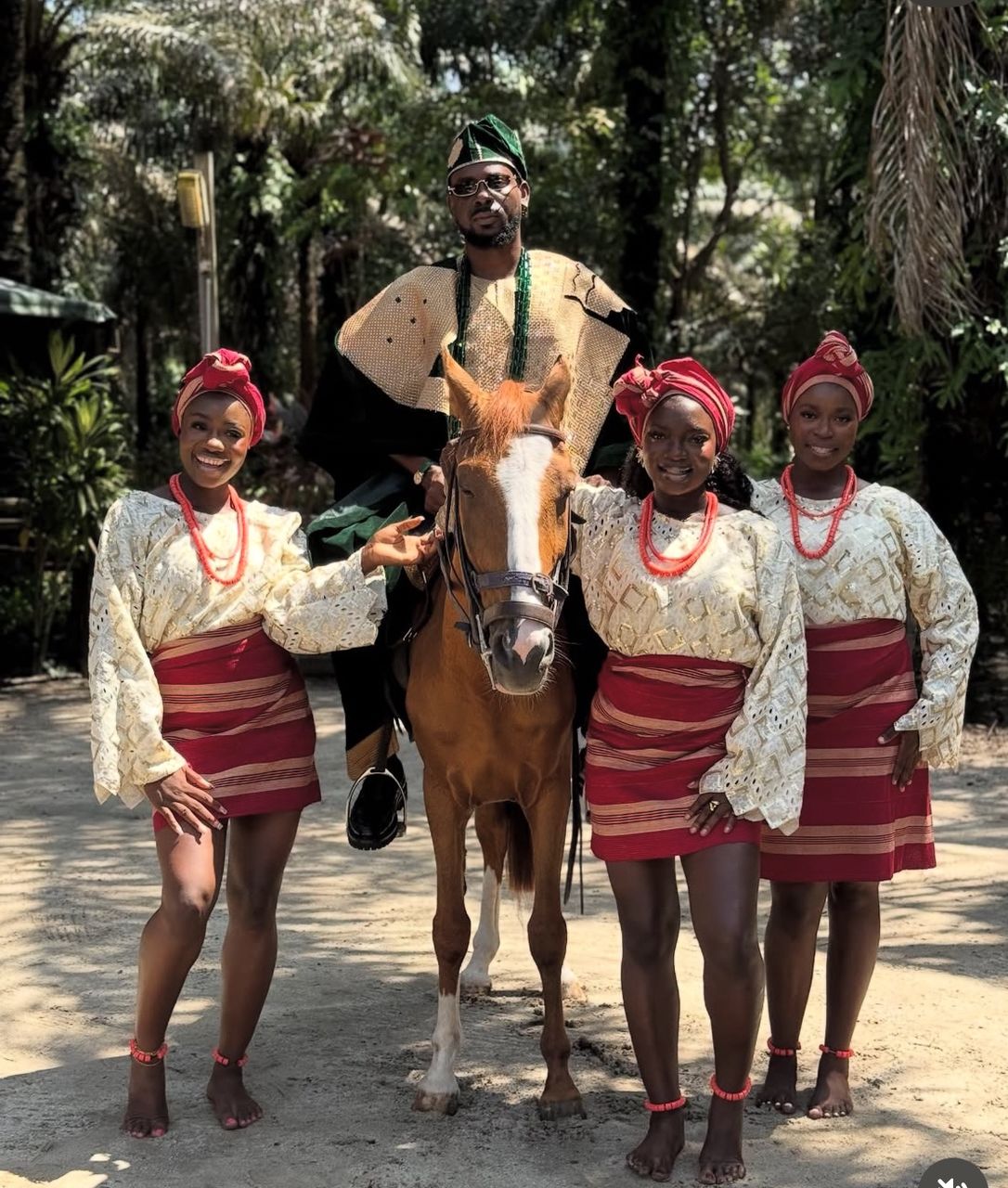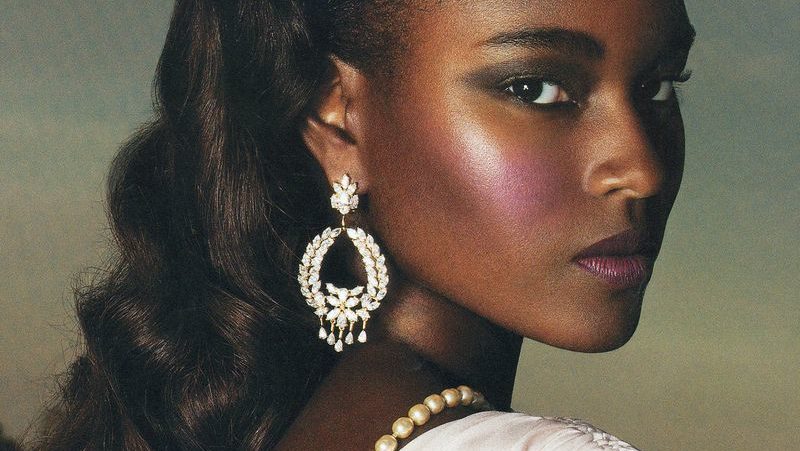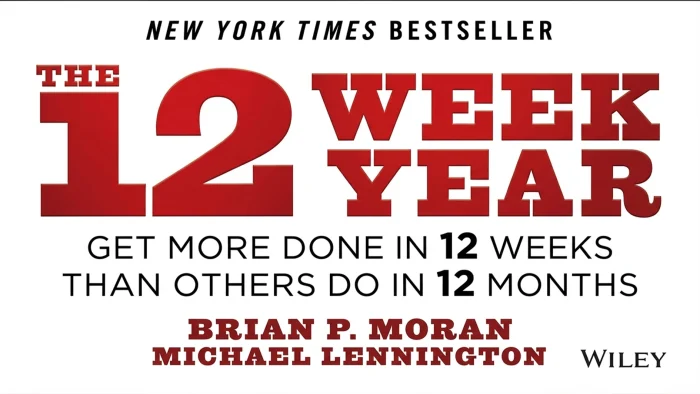Adekunle Gold’s just-released sixth studio album, Fuji, arrives both as an affront to some and an achievement to many. But what really lies beneath the public sentiment surrounding its release is sheer audacity — the same kind that motivated Alhaji Sikiru Ayinde Barrister in the ’70s when he evolved the hallowed Were (pronounced Way-ray) music into the same percussive-driven masterpiece that we all enjoy as Fuji today.
Opening with a striking sample of the late Sakara music legend, Lefty Salami Balogun’s 1970 classic, Agunbiade Baba Osha, Adekunle Gold, better known as AG Baby, sets a cinematic tone for the album. Sprawling with lush ambient piano chords, Adekunle Gold establishes the entire ethos of Fuji in three lines: “You know I came in the game since 24/ Ogo wey dem never see before/ Make or break, mehn I made my decision.”
In Fuji, AG Baby weaves off a victory lap anthem — again, tucked with the same gusto that pushed him from his multicultural 2016 debut, Gold, to his 2018 sophomore album, About 30; 2020’s Afro Pop Vol. 1; 2022’s Catch Me If You Can; and 2023’s Tequila Ever After. Across these releases, AG Baby re-establishes his distinct definition of a pop star and of pop music, matching his culturally charged vocals with diverse sonic fusions. And on Fuji, he’s making a deeper dive into the Yoruba music traditions that soundtracked his childhood, especially considering the fact that he’s from a royal heritage — the Kosoko royal family in Lagos.
The album is generally woven as a victory lap anthem, with bits of love treatises in the mix. Tracks like Don Corleone, Bobo, Coco Money, Oba, and Many People strongly emphasise this theme, while songs like Believe, My Love Is the Same, Love Is an Action (with American singer 6lack), Lailo, and Obimo connect as love capsules. However, the tracklisting is the first pleasure point on this album; with heavy talking drums and bassy percussions defining the album’s first melodic section (tracks 1–4), while soulful piano chords (reminiscent of his Gold beginnings) and subtle kicks ease the album from its midpoint (Believe, My Love Is the Same, Love Is an Action) towards the mixed tempos in the third and final melodic sections, allowing for easier listening and recall.
Certainly, the arrangement also had some waning points, like the star-studded filler track Attack (with Cruel Santino, Mavo, and Tkay Maidza) and even the Davido-assisted track Only God Can Save Me. Typically, these songs sound great as solo releases, but within the halo of the entire album, they contain the least shock-value elements that actually strengthen the entire album.
When it comes to shock value — from the album’s bloody red, Al Pacino-esque cover art; to vocal interludes from AG Baby’s five-year-old daughter, Adejare (My Love Is the Same); his wife Simi’s backing vocals on Don Corleone; Asa’s 2007 folk-fusion Iba sample on Oba; Yinka Ayefele’s 2019 gospel juju classic Many People sample in Many People; cinematic scat singing from the Soweto Gospel Choir and his personal band, the 79th Element, on Simile; to the American jazz legends Bill Withers and Grover Washington’s 1980 classic, Just the Two of Us, sample on Believe — AG Baby’s Fuji is filled with exciting moments that rank it as one of the most intentional and well-executed Nigerian albums this year.
Beyond the shock value and cinematic embellishments, Adekunle Gold’s composition on the record equally shines, as the 38-year-old singer balances his Fuji-toned vocals and raspy traditional percussion, especially with the talking drum, alongside the soothing piano progressions, to establish the ‘Fuji-ness’ of the album. Just like a summer solstice, he reimagines Fuji for contemporary listeners, straying away from the direct Fuji compositions that defined the genre’s birth — especially the Quranic recitations, agogo, sekere, and bembe percussions — and racing like a Formula 1 driver, but this time with dance pop as the sports vehicle.
The album’s features also connect as a solid placeholder for brilliant A&R’ing, especially in Bobo (with Lojay and Shoday), Love Is an Action, I’m Not Done (with American pianist Robert Glasper), and Simile. Lojay’s verse particularly stands out with fluid flows and emotive emphasis, while 6lack’s sombre sing-rapping follows suit as the second-best guest verse on the album. They each offer a polarising feel to the album while still allowing AG Baby’s Fuji-focused agenda to surface in the songs.
With 65 per cent of the project being AG Baby’s vocals, his singing techniques also manifest as strong links in the Fuji chain reaction that he offsets in the album. In Simile, Lailo, and Obimo, he showcases strong tension-and-release, pacing, falsettos, and melismas that elevate the enjoyability of the songs. They reverberate as an immersive pipeline of emotions, layered with catchy phrases, piano outros, and emphatic cadences that lead to the album’s overflowing catharsis.
Overall, despite being a lengthy listen, the album connects as an alluring, culturally charged, and tempered dance groove with ample didactic messaging. It’s a mood stabiliser that fits a sunny Saturday beachside lounging and a 5 AM bus-catching companion. It’s not Fuji, but it bears the same DNA. It doesn’t quite fit as a sonic template for progressive Fuji traditions, but it is the strongest Fuji tribute since Pasuma, Bella Shmurda, and Zinoleesky. It’s urban dance pop, with rich Fuji tonal influences, and it is poised to inspire more Fuji devotees into mainstream Nigerian musicdom.








